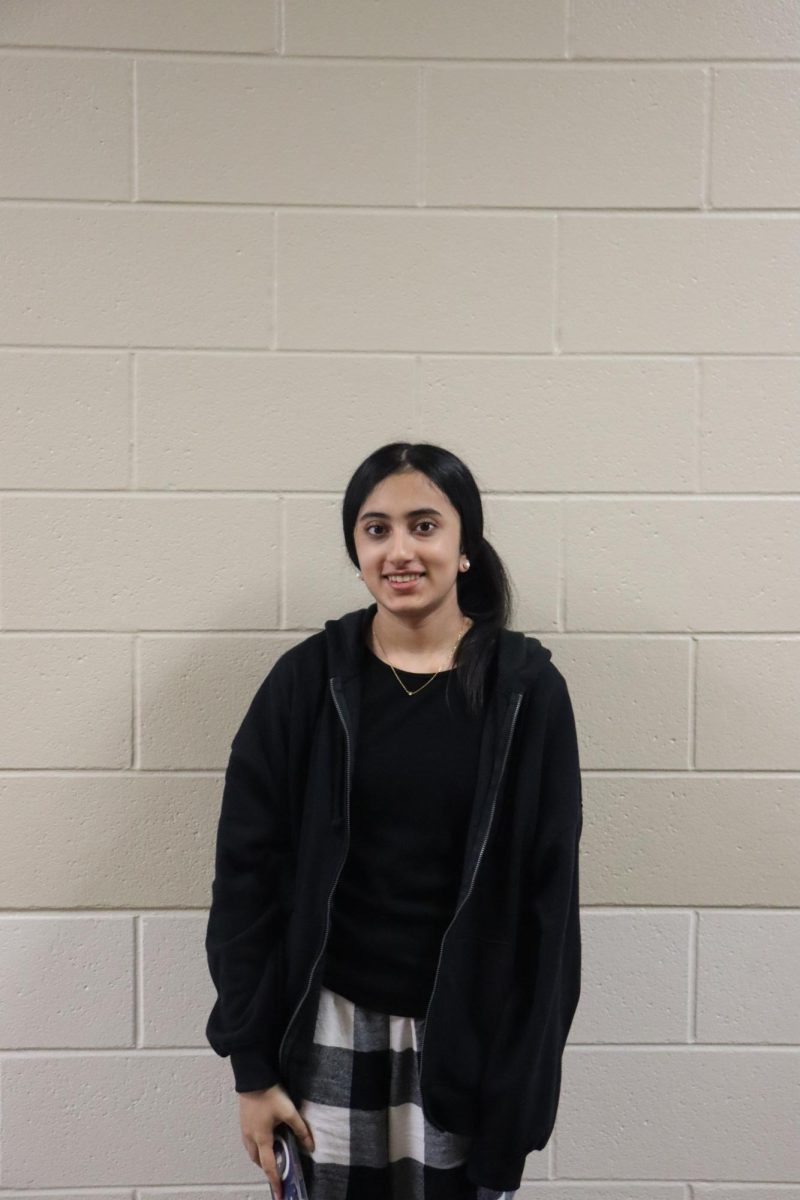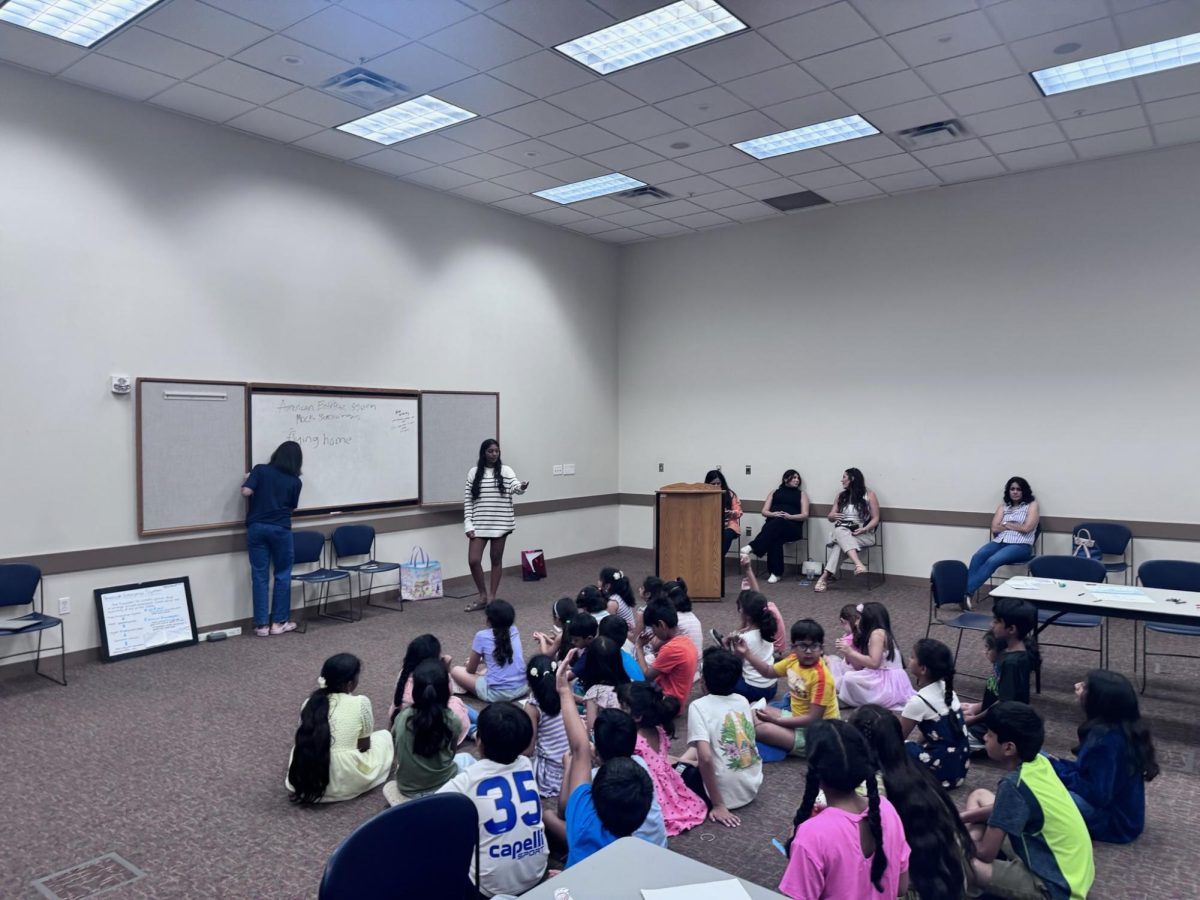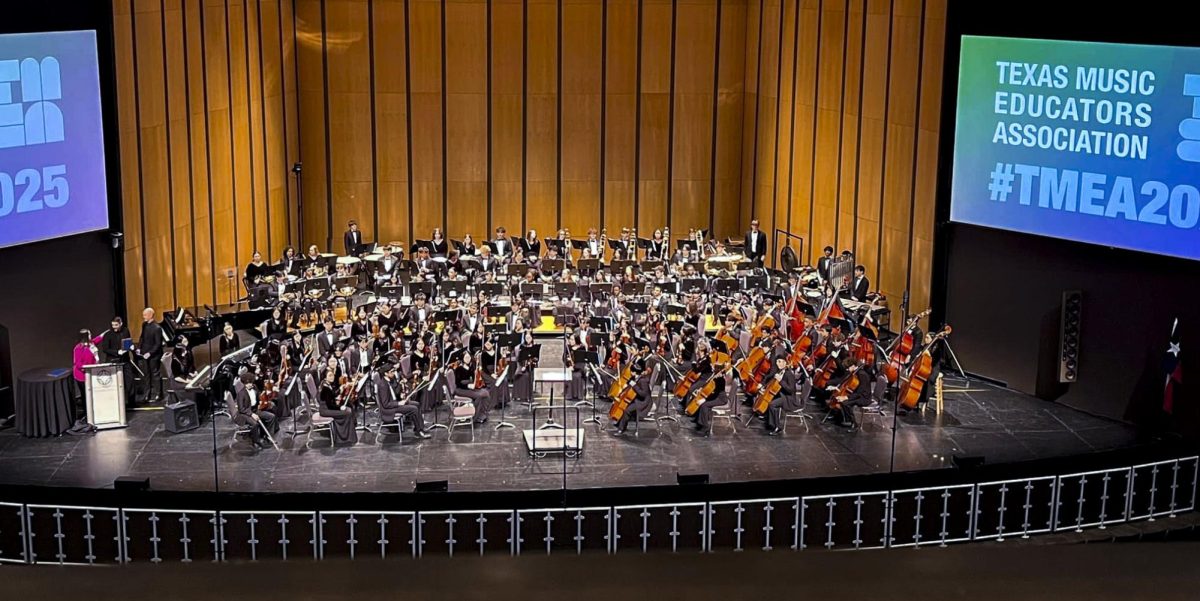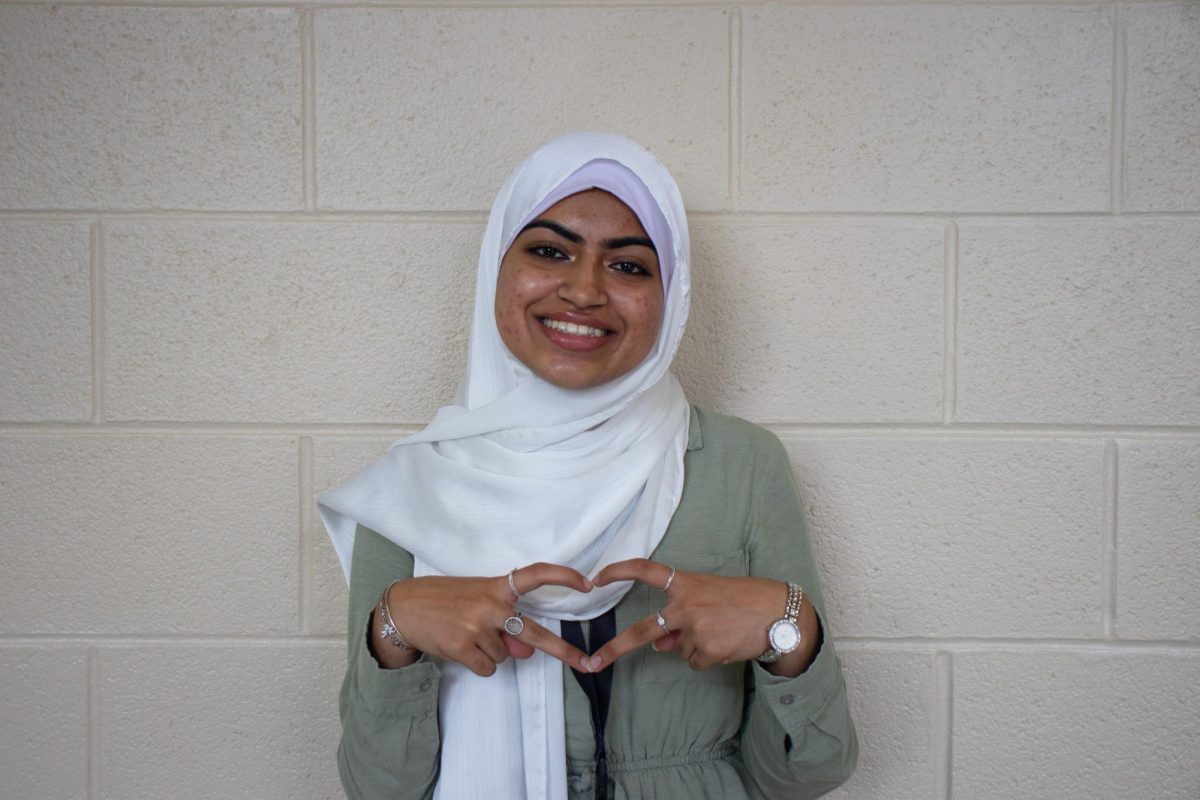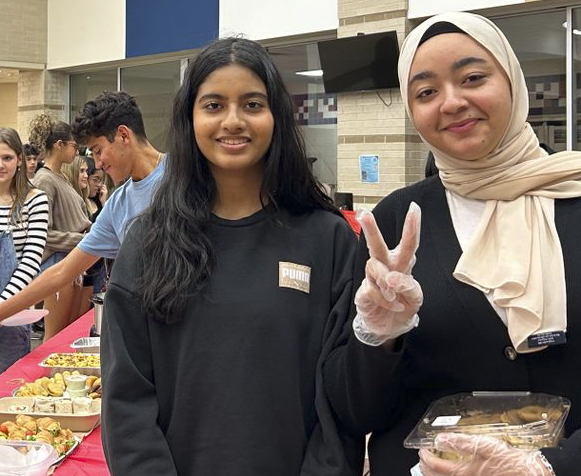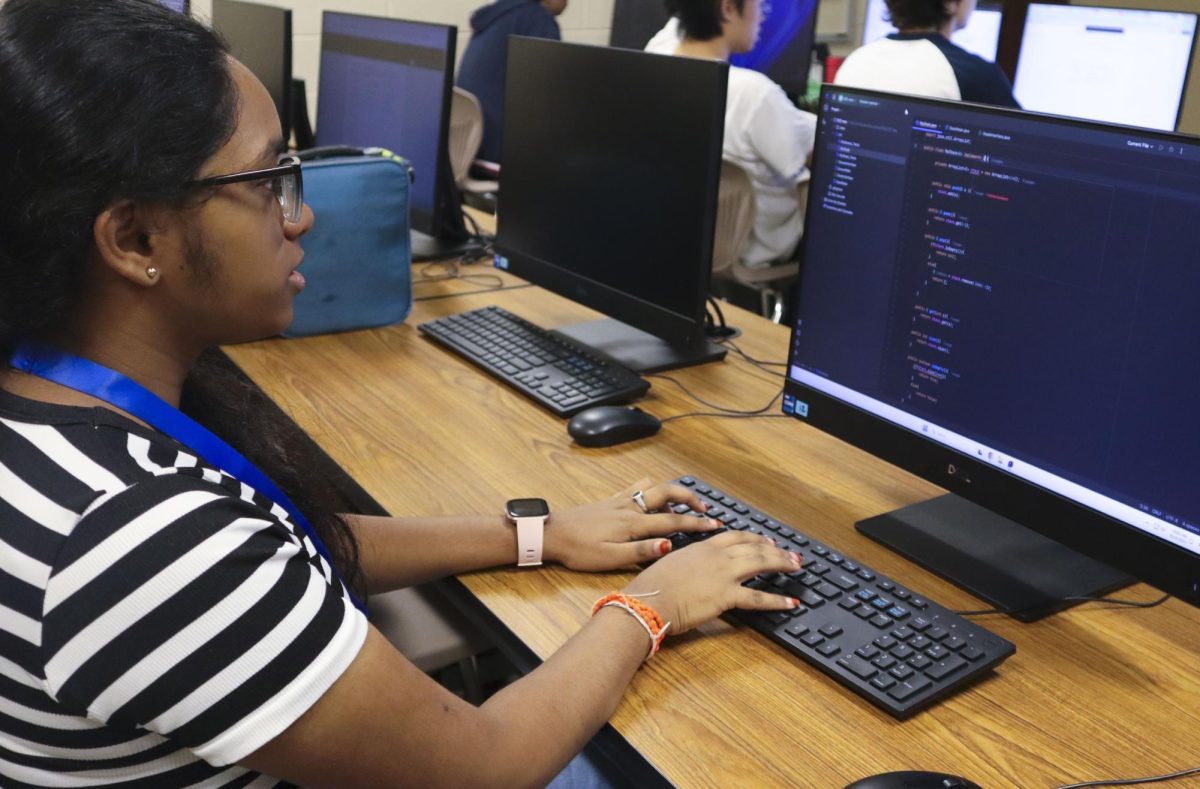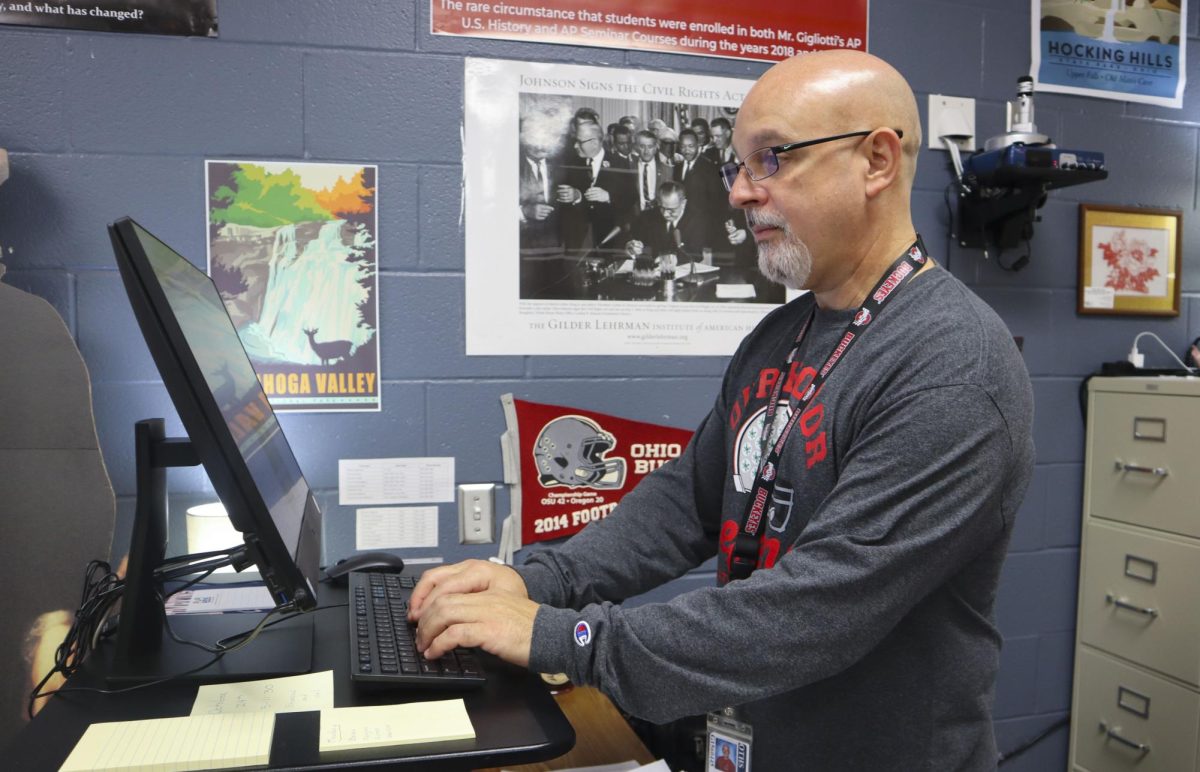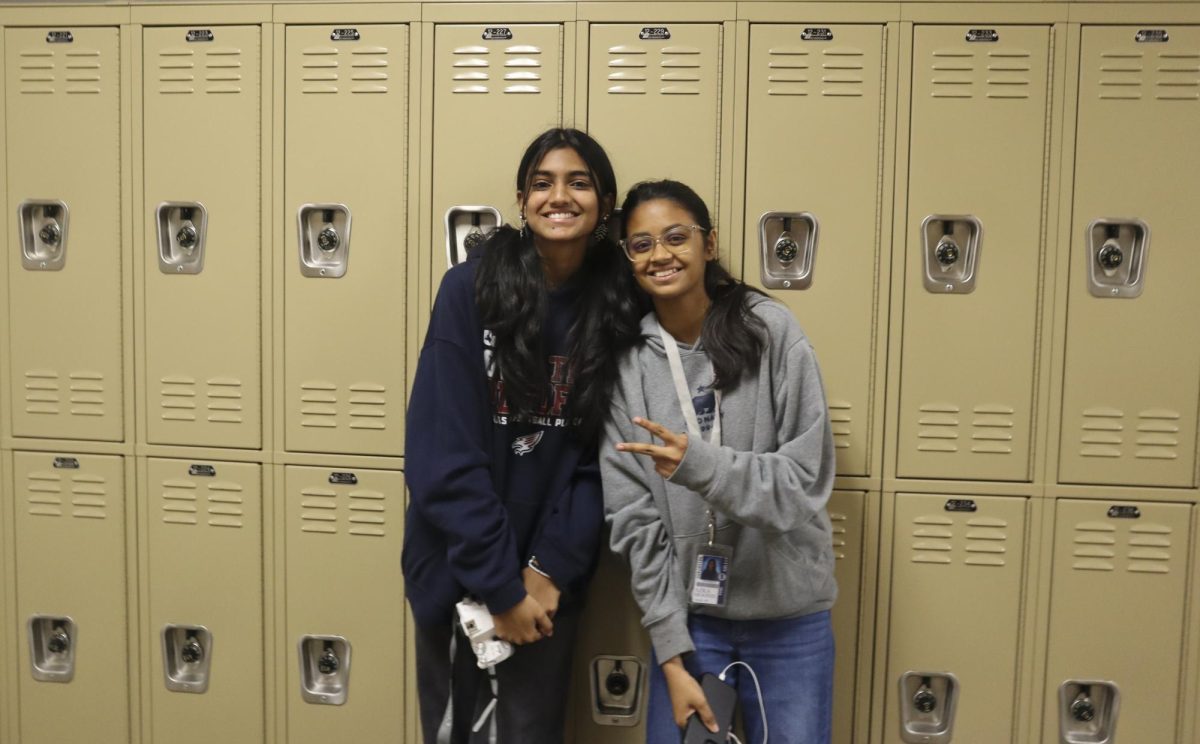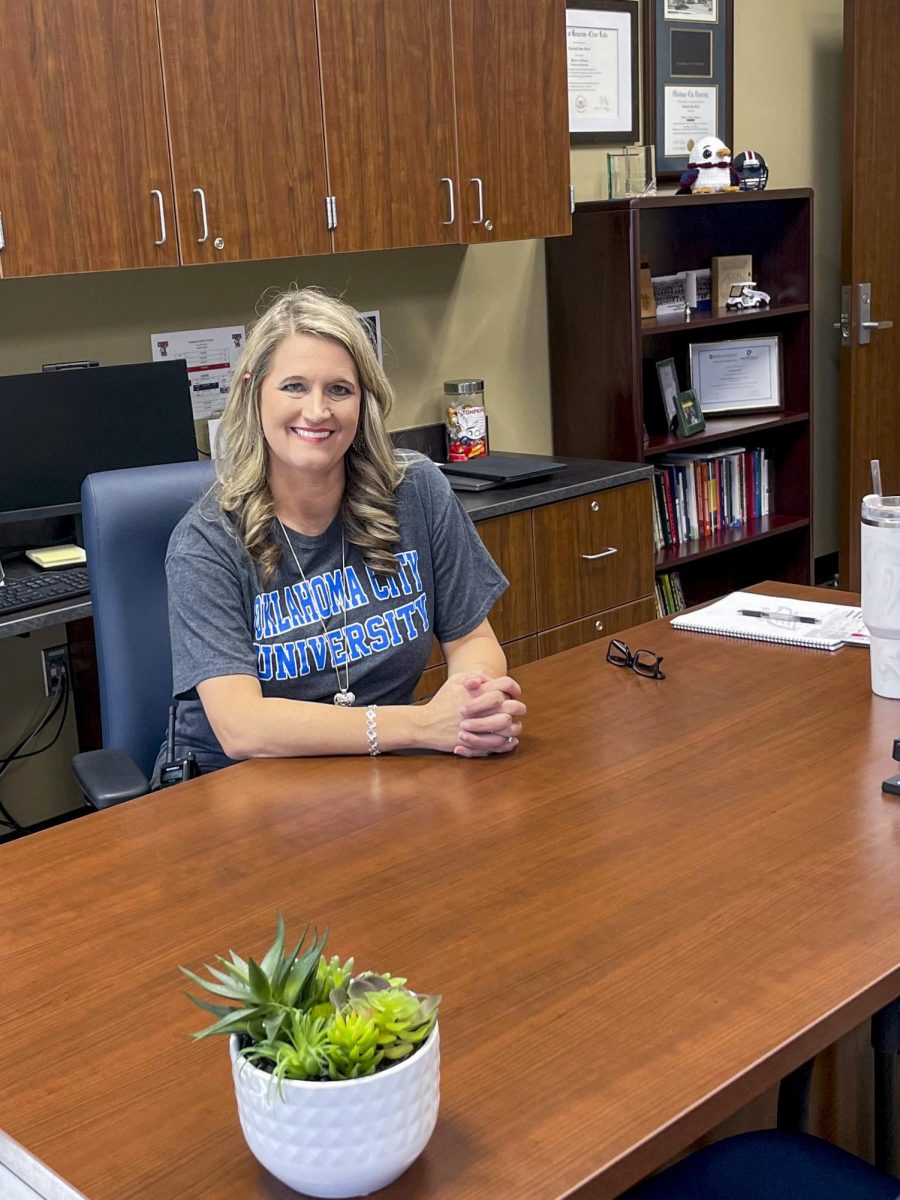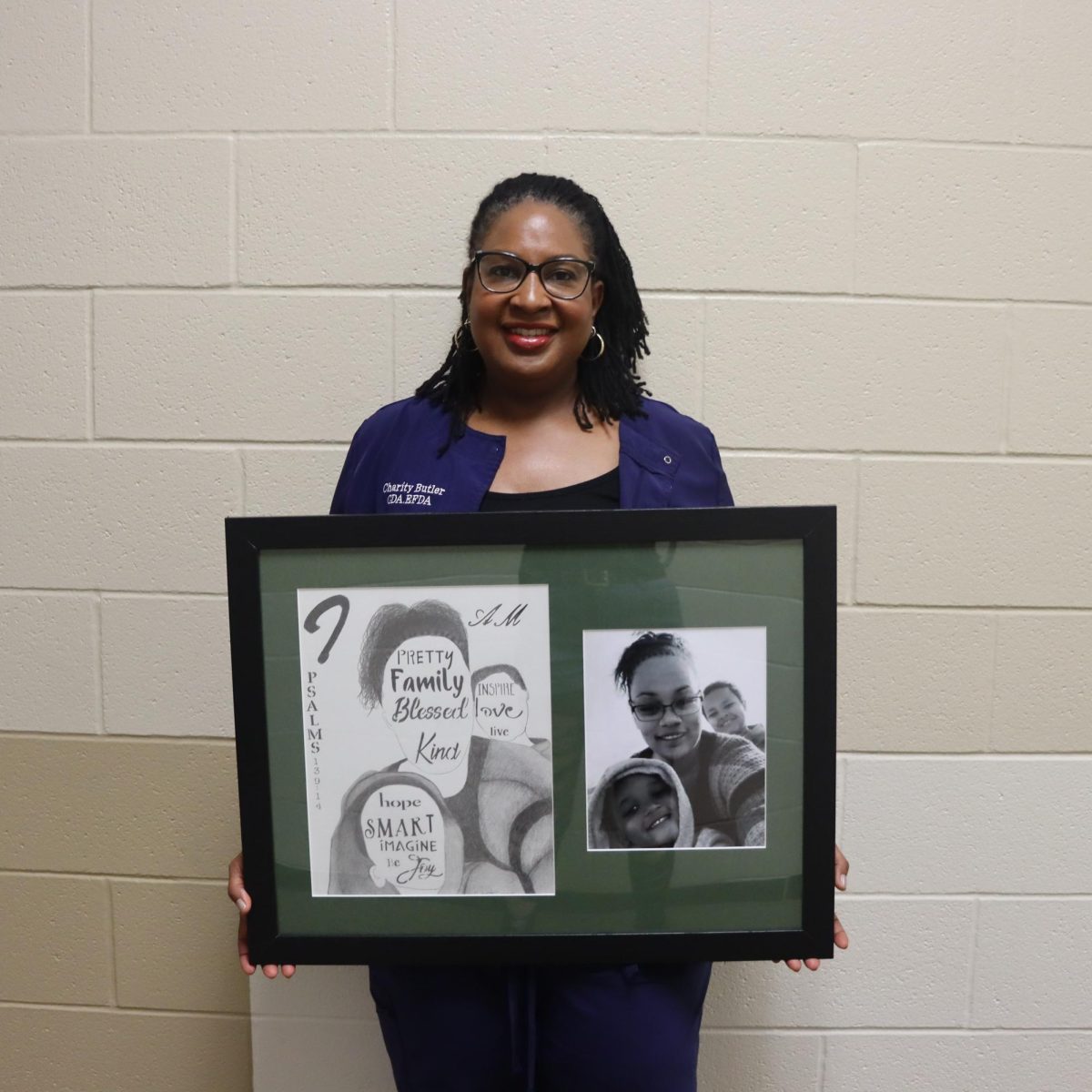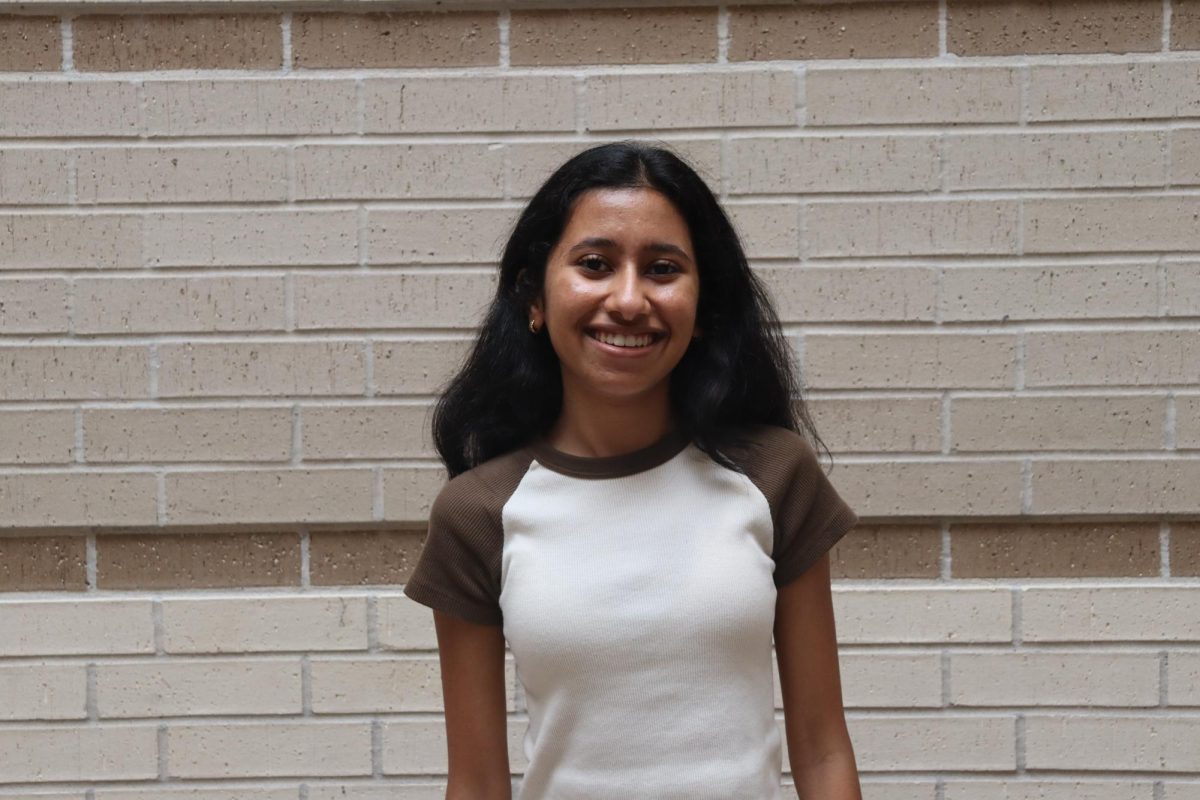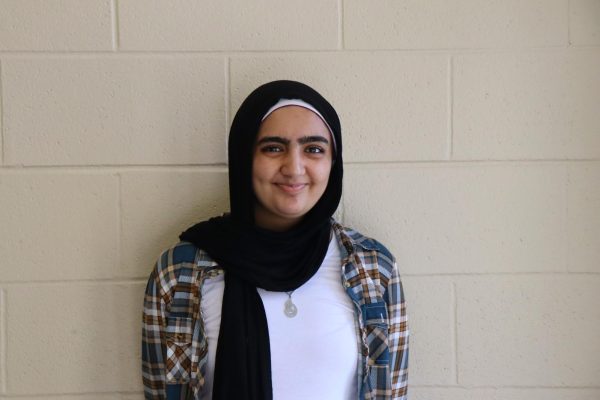Throughout history, immigration to America has been rapidly increasing, with families coming to the free world for opportunities and a chance at a brand new life in the country. As a result, the majority of the US population is made up of descendants of immigrants, a term coined for the children of the aforementioned immigrants, who were born in America. Although it may not seem apparent on the surface, the struggle of this group is one that is heavily overlooked. For many of these individuals, a feeling of ambivalence is present when they live their day to day lives in America.
This conflictedness highlights the debate many descendants of immigrants feel: choosing to abandon their foreign roots and assimilating into American society or remaining true to their multicultural identity and embracing their differences. For the majority, this divide lies heavily in their bilingualism. Freshman Syed Rizvi has always felt a challenge in perfecting both his languages, English and Urdu and maintaining a balance between the two.
“My parents moved from Pakistan in the early 2000s, so they speak Urdu a lot in our house,” said Rizvi. “I was very fluent in Urdu when I was younger, but I have been in school a lot more since then, where, obviously I have to speak English, so I do not speak Urdu as much anymore. It is pretty hard trying to keep up with my parents sometimes because I am constantly switching between English and Urdu, since I speak the former at school, and the latter as soon as I get home.”
Rizvi admits he feels a sense of guilt in not maintaining as strong of a connection he had previously with his Pakistani roots. His loss of fluency in the language can develop miscommunication between him and his parents occasionally, leading to speed bumps in conversations when he is unable to understand what they are saying. His parents have expressed slight disappointment with him regarding the issue, but Rizvi has persisted in efforts to relearn the language he has begun to forget. Junior Aliza Rizvi faces similar ordeals with maintaining her Punjabi, a language she inherits from her mother.
“My Punjabi has deteriorated heavily over the years, something that my mom has definitely disapproved of, “said Rizvi. “But in all seriousness, there is definitely a lot of guilt I hold over losing touch with a language so important to my family. I can still understand Punjabi, but I speak it very brokenly now. I just cannot seem to find the time to rotate through multiple languages, since Punjabi is vastly different in comparison to English. It feels like I am jumping between two very different worlds in my head when I switch languages throughout the day.”
Although Rizvi faces hurdles in maintaining her bilingualism, she plans to focus more on learning to communicate in Punjabi so she can converse with her family better. Now that she is nearing the end of her high school education, she hopes she can find time to focus on Punjabi without having the worry of constantly perfecting her English for her English courses or standardized tests such as the SAT. Many believe that bilingualism cannot be maintained, and that an individual will always be more fluent in one language over the other, but Rizvi is determined to disprove that.
Although integrating into American society has profoundly impacted me, I plan to reverse the effects,” said Rizvi. “I think it is possible to assimilate into society without having to suffer cultural loss. I feel like it is so unfair that we are made to choose between two sides of our identity. I hope other bilingual students will realize this as well, that we do not need to give up one language over the other. It is essential that we stop normalizing these ideas for the sake of future descendants of immigrants in America.”

